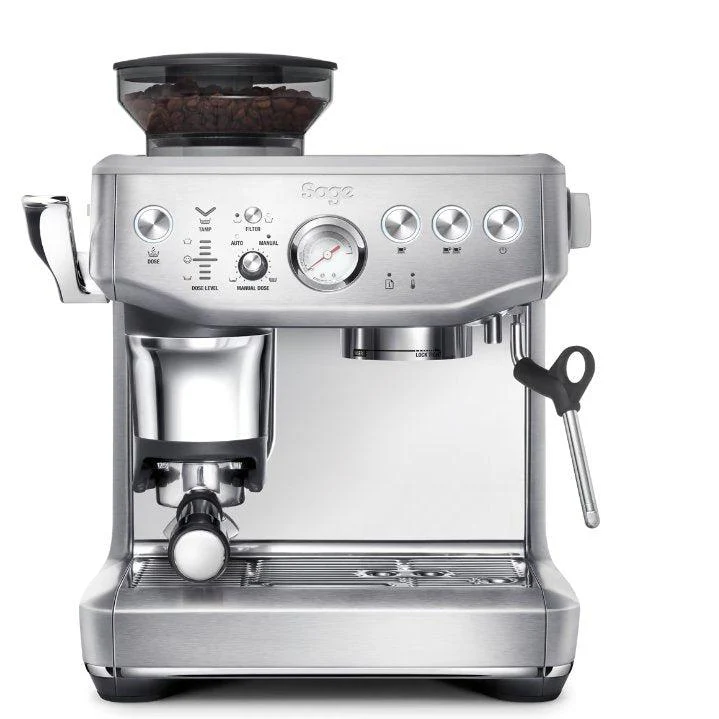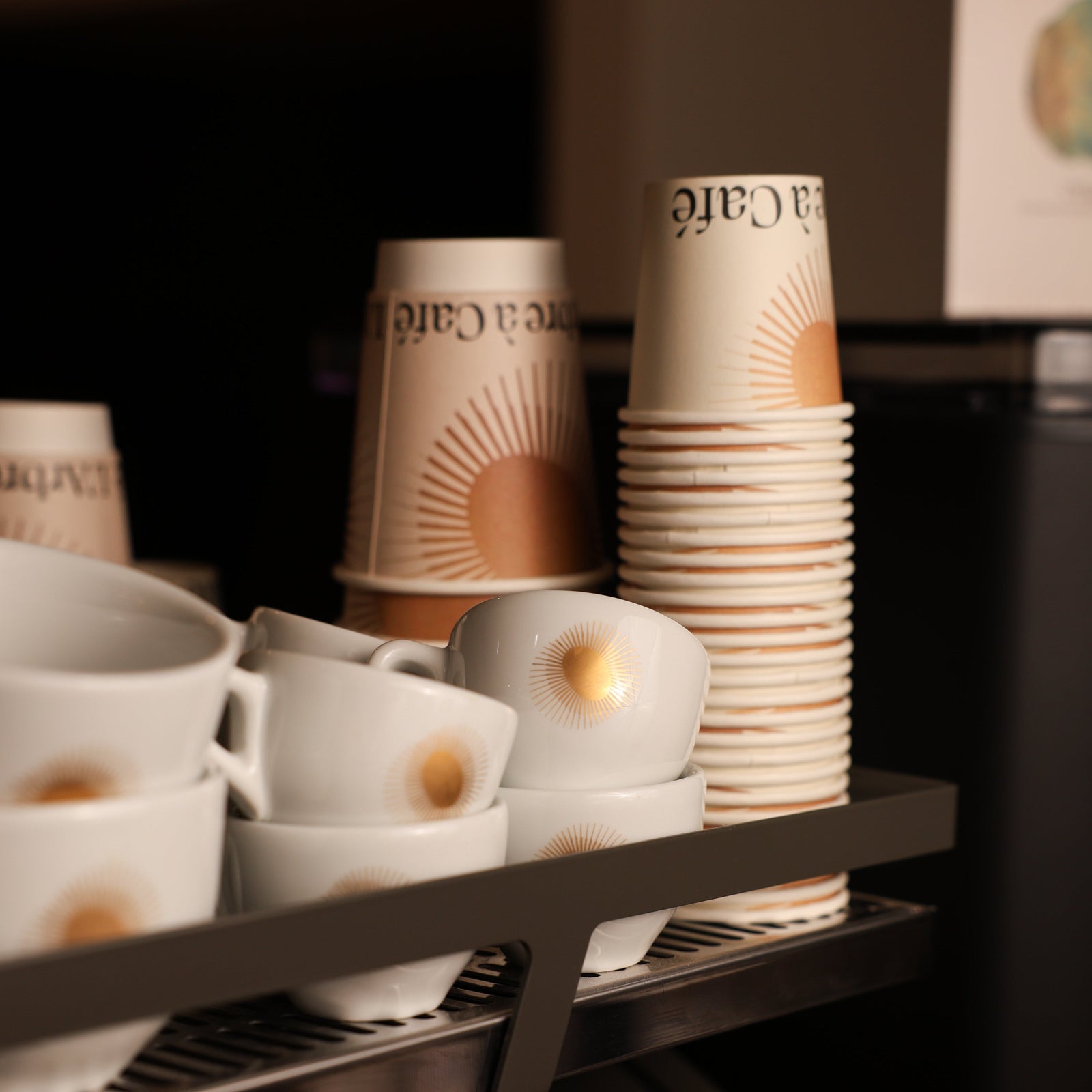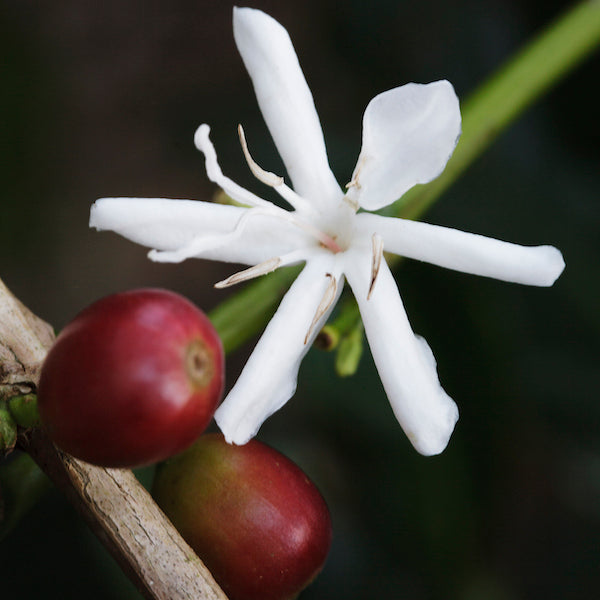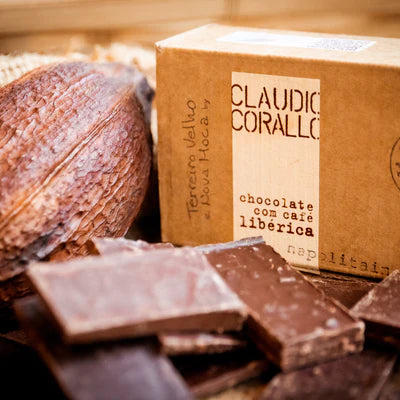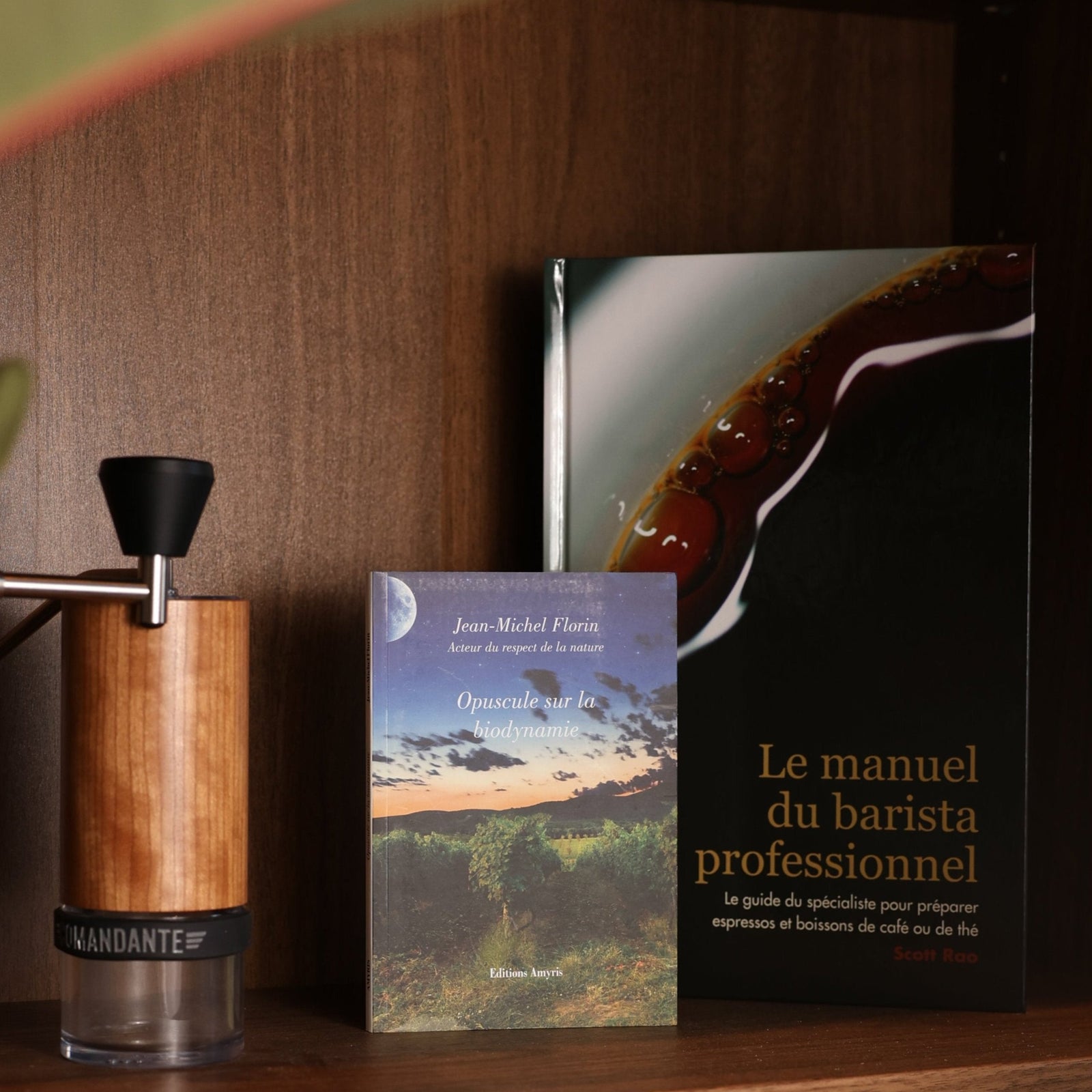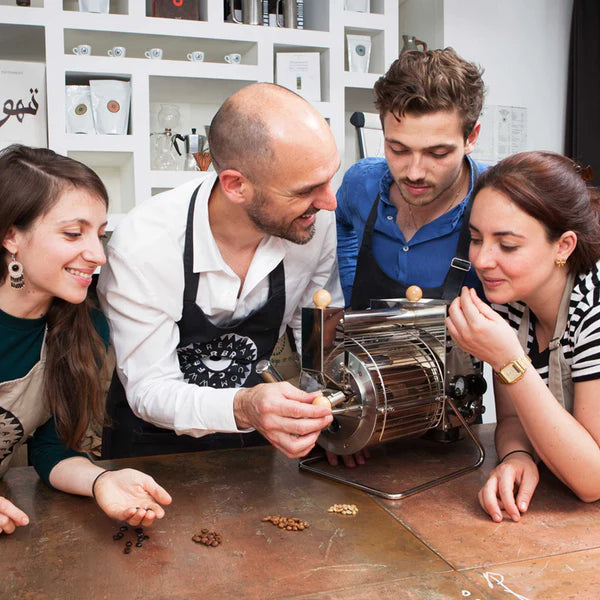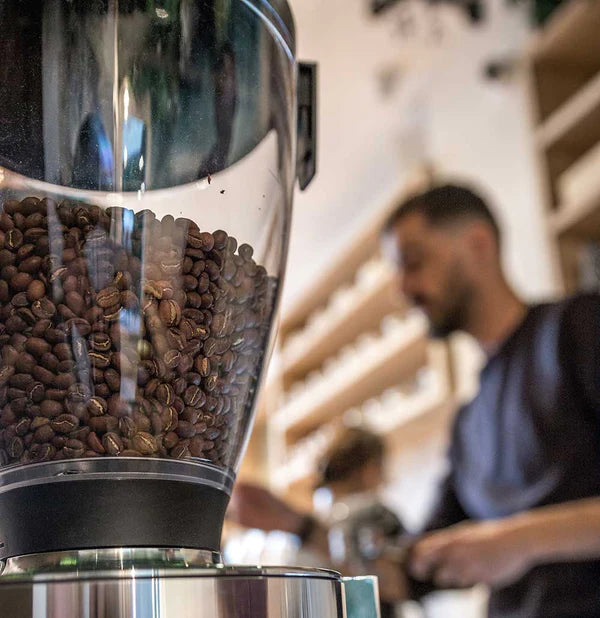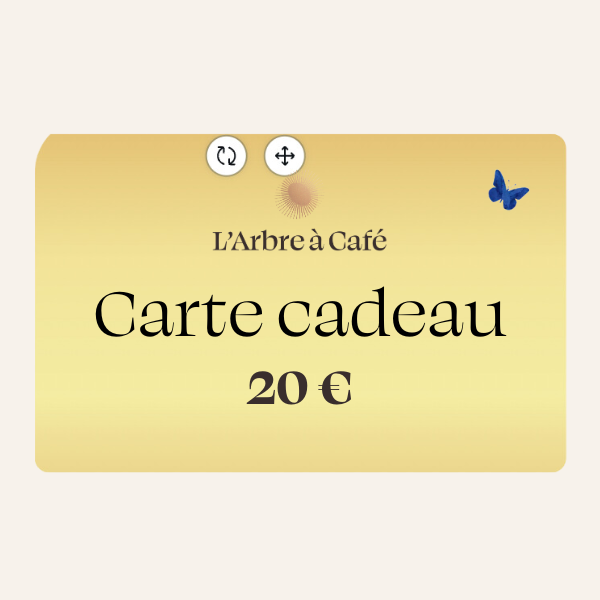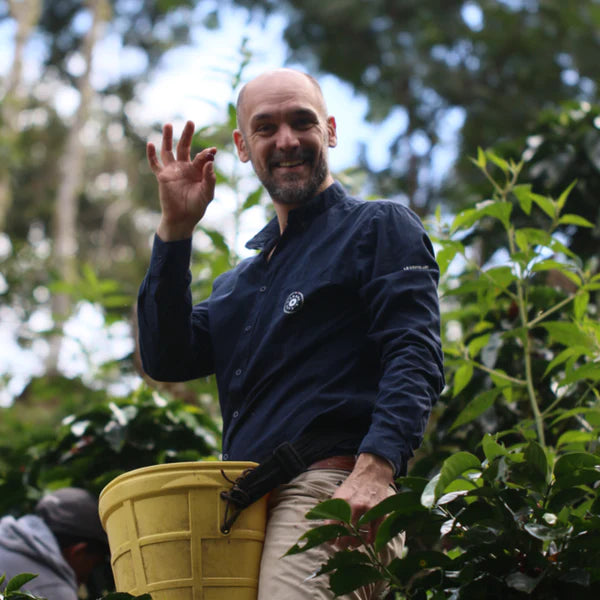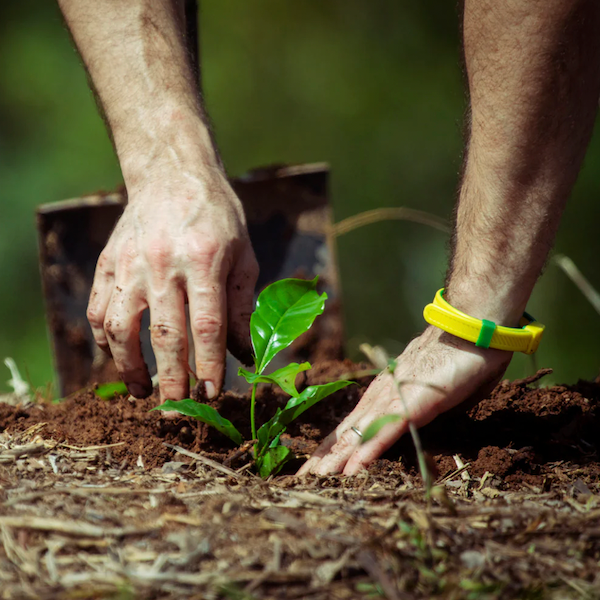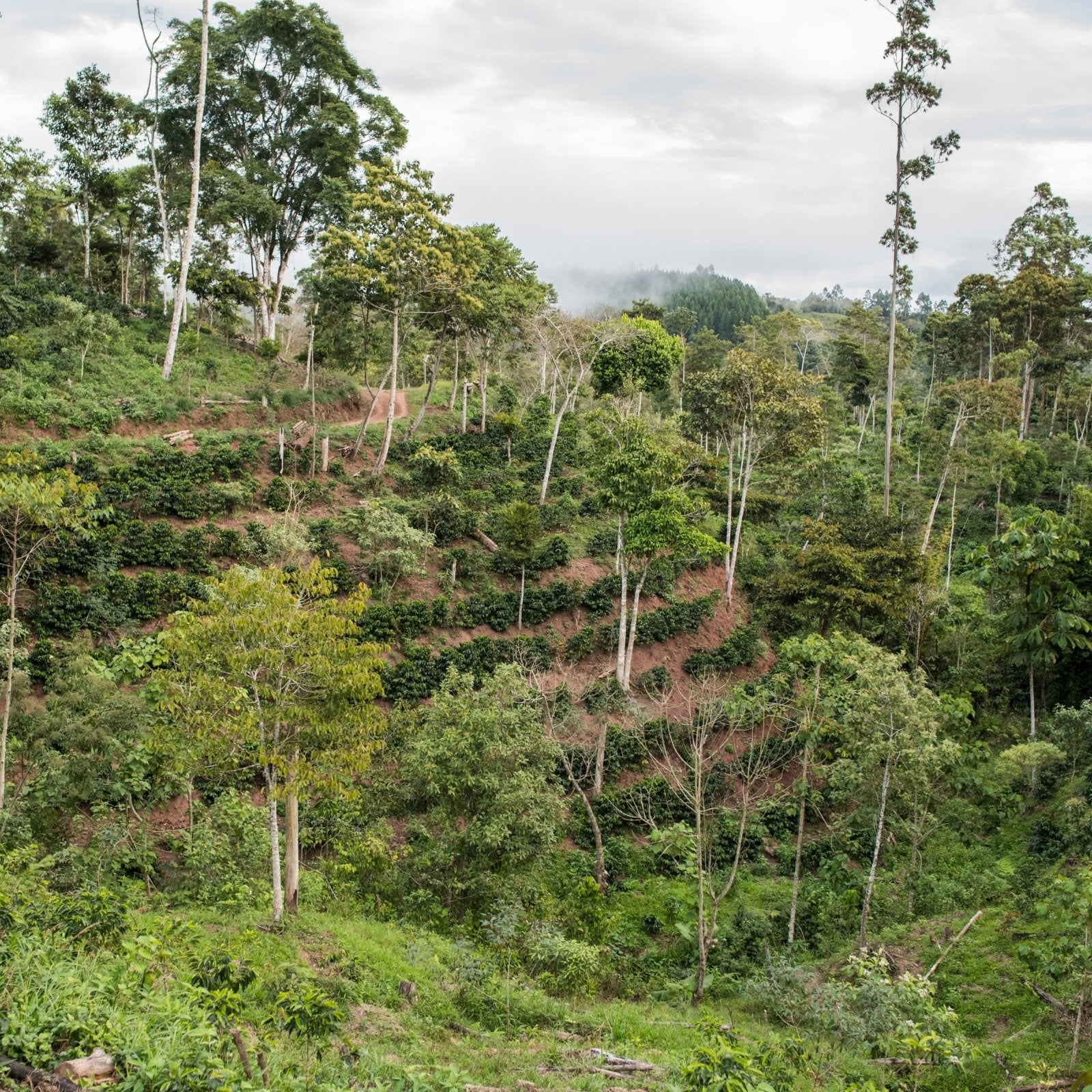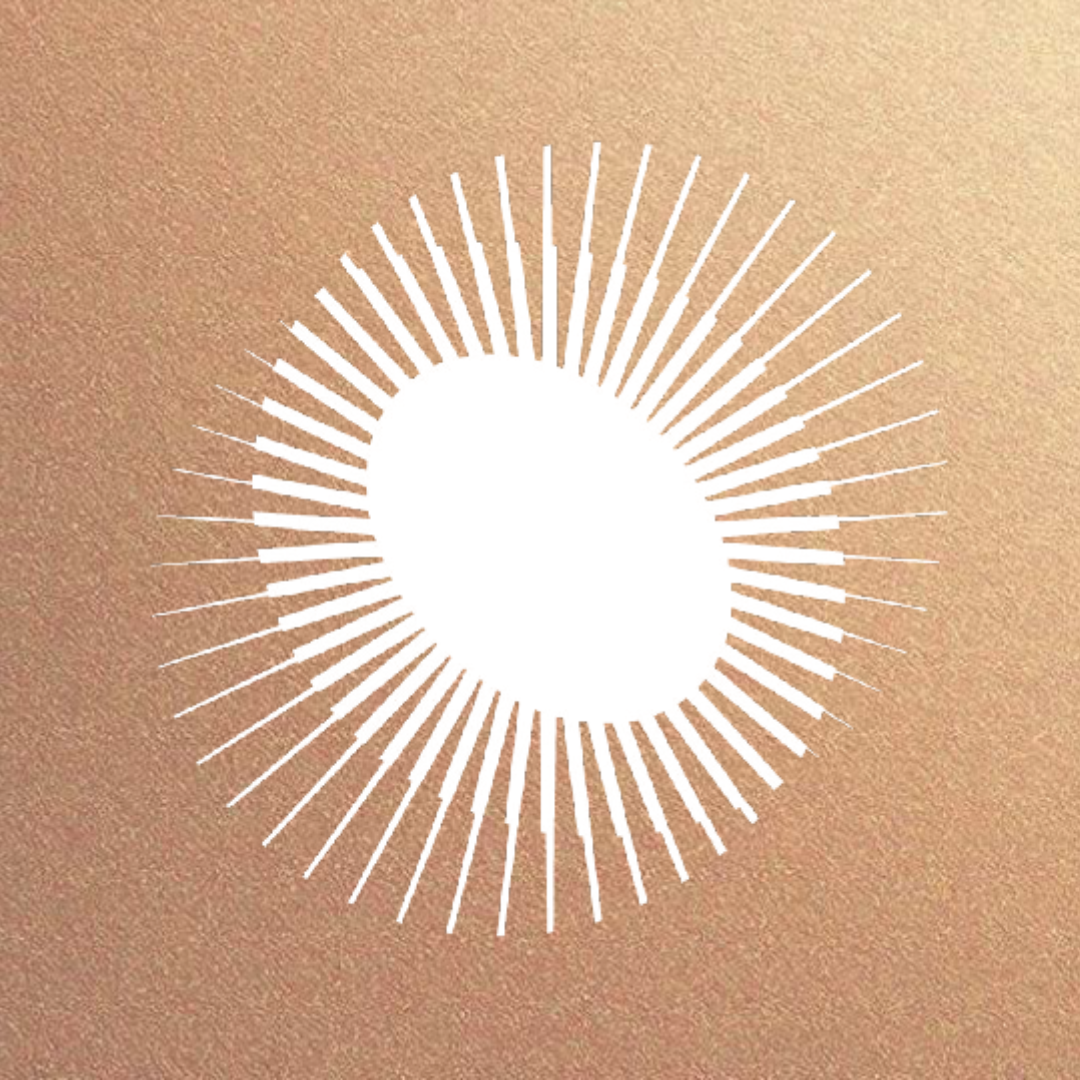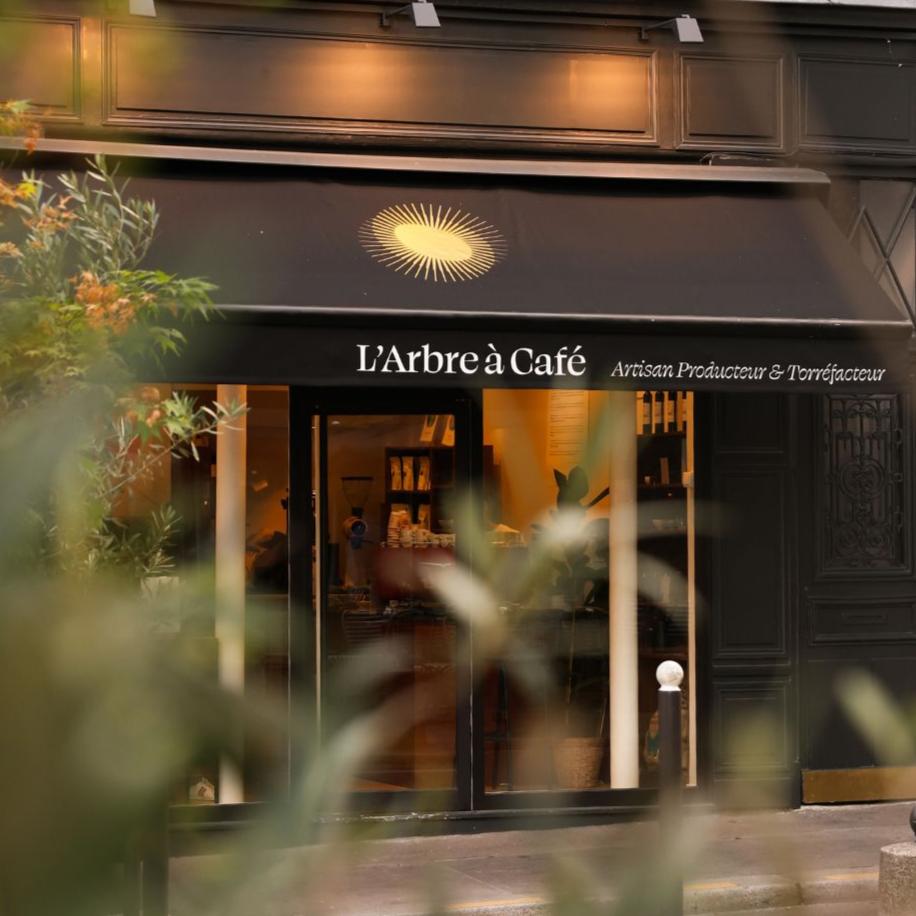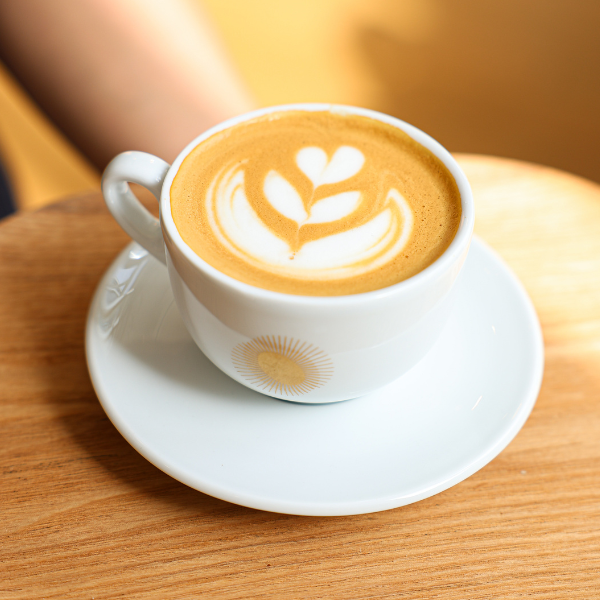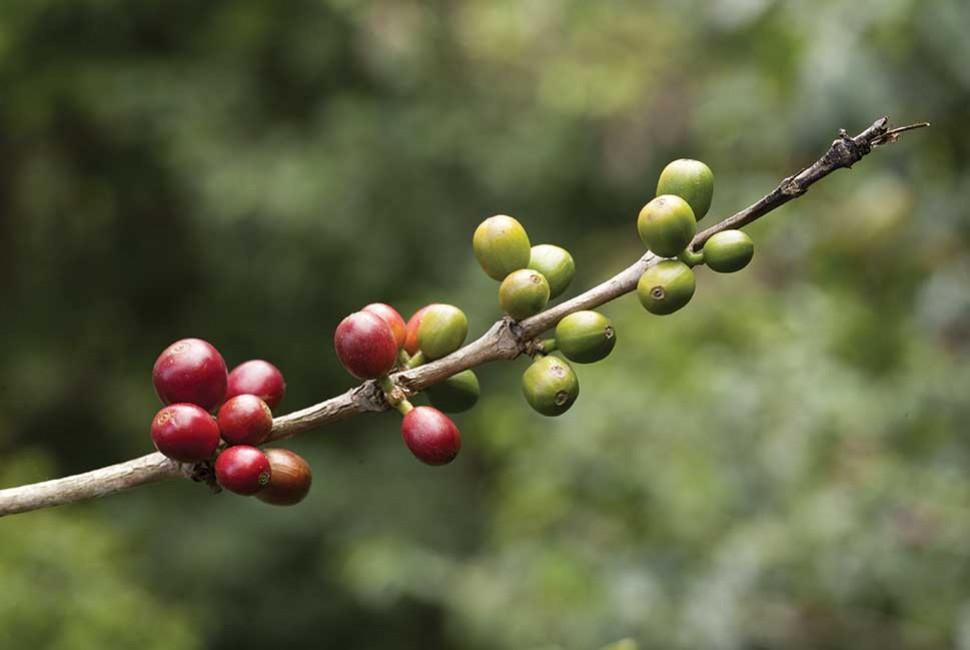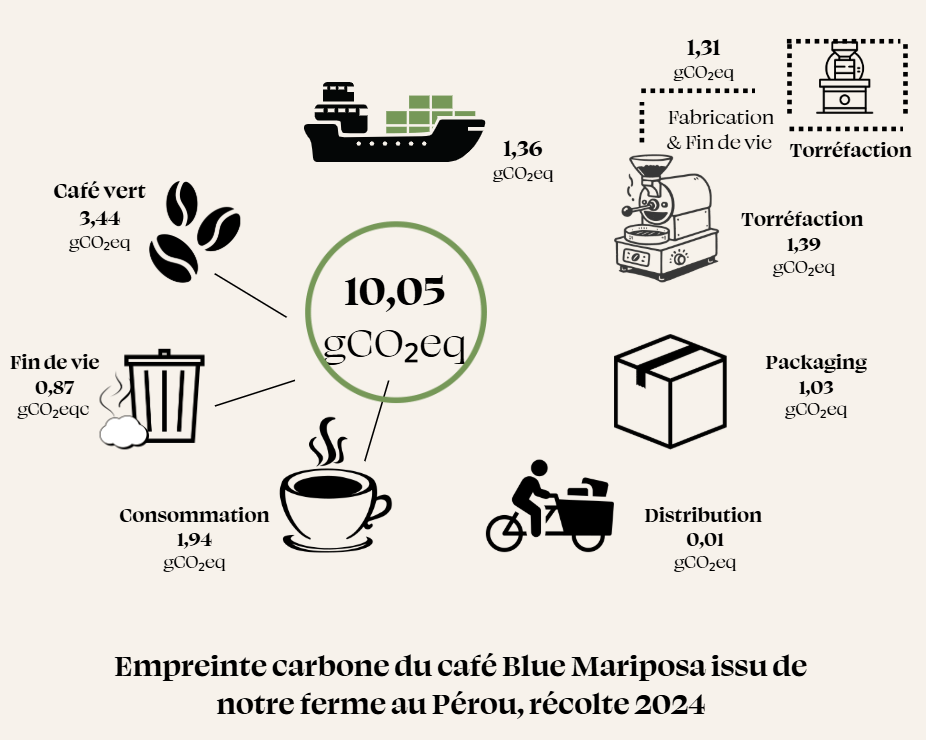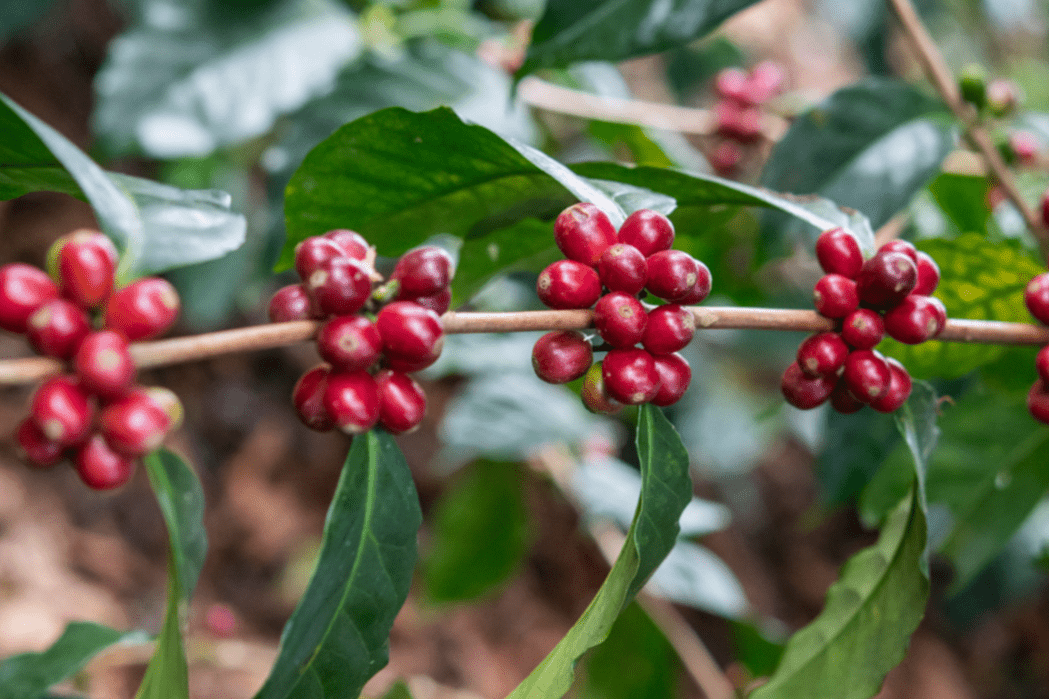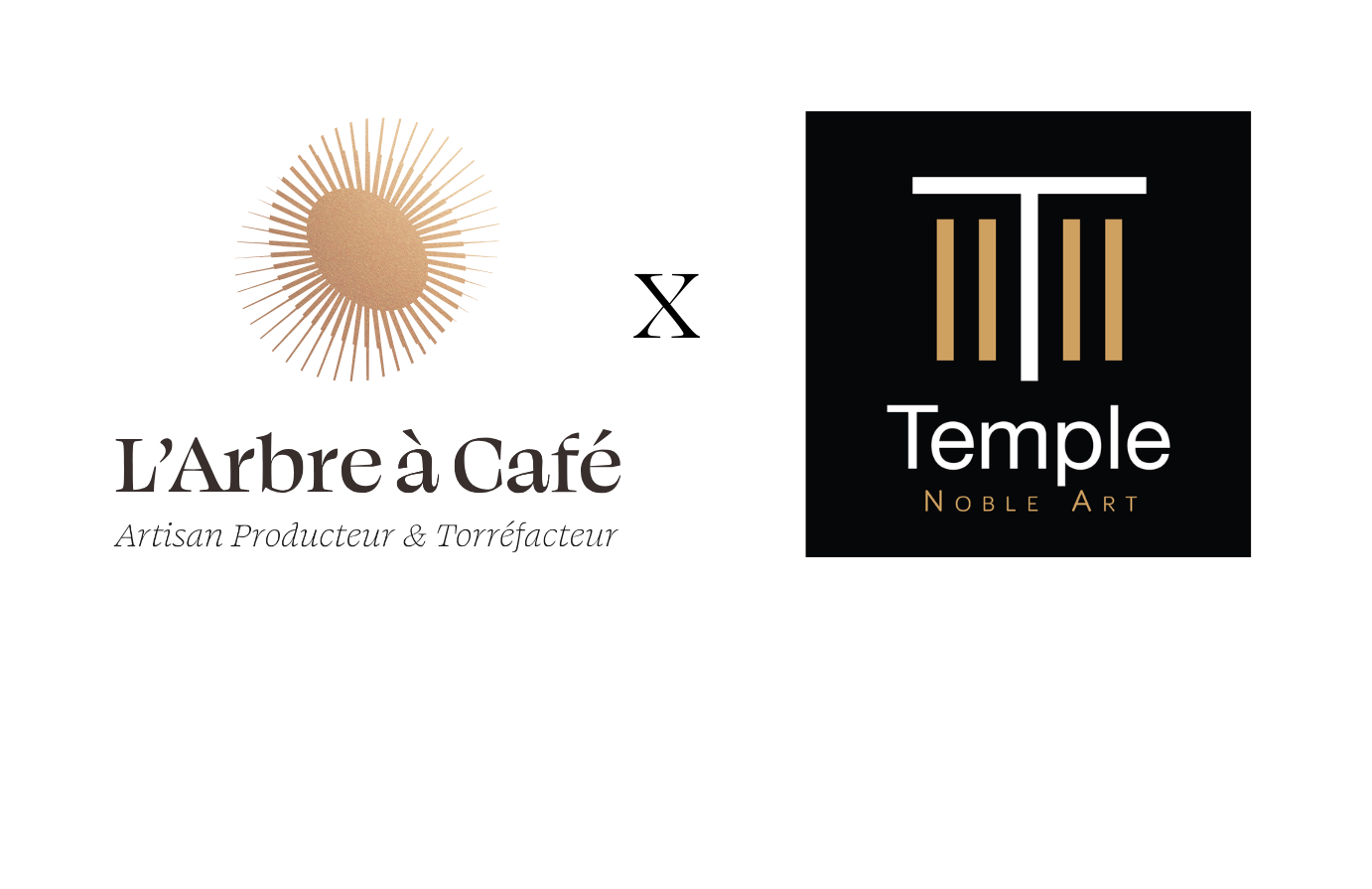Man is not exempt from this, and to speak of coffee without talking about sexuality would be to deny more than a thousand years of practices, totems and taboos.
We know that the first coffee-consuming peoples, the Oromos and their neighbors, integrated coffee and the coffee tree into many rites of passage and particularly those related to marriage and therefore fertility. The coffee bean reminds us of the ploughman's furrow but also of the female sex, its transformations during cooking (cracking, opening, and doubling of volume) remind us of pregnancy.
This integration of the coffee tree and the coffee bean is still found today in many traditional African cultures such as in Kenya, Tanzania or Cameroon. This image is still very much alive today, since our ultrasound doctors know whether the baby still in gestation in the womb is a girl or not, by the sight of the "coffee bean".

What is less known is that all the peoples who discovered it have debated, sometimes to the point of taking to the streets, the harmful or beneficial effects of coffee on sexual capacity. This can be hidden by the aphrodisiac effect of coffee as some authors like Abu al-Tayyib al-Ghazzi (1570-1651) who reported that Solomon, himself, would have abused the queen of Sabbah by making her drink an elixir based on coffee ... The legend is beautiful, but anachronistic. Solomon as well as Ulysses or David probably only tasted what appears to us today as coffee substitutes, i.e. roasted cereals. A little less anachronistic but just as ecumenical, it is the prophet Mohammed who is said to have been able to control 40 women under the effect of coffee. In the 17th century, there was a debate (sic!) as to whether or not women should be forbidden to consume this "stimulant". It is that it was, in Paris, consumed with force of slaves and topped with an orientalist eroticism. Mesdames de Sévigné and de Pompadour enjoyed both coffee and these debates.
In the eighteenth and nineteenth centuries, European women, and particularly English women, were still very concerned about it and militated to prohibit the sale of coffee suspected of making their husbands impotent, unlike beer (sic!). Only Michelet considered "the devil's drink" as "anti-erotic, imposing the alibi of sex by the excitation of the spirit.
Today, in a clean and objective era, it is the medical and functional aspects that have taken over and where the merits of coffee are praised for preventing prostate cancer, and no longer for its vasco-dilatory virtues. Although it improves blood circulation and irrigation of the limbs, it also causes tachycardia.
Gastronomy is not to be outdone, since courtesans found Sir de Monin's invention of pouring a drop of milk into black coffee absolutely perfect, and one of the most popular desserts in the world, tiramisù, (literally "put me back on my feet") was once served in brothels to "set the table". We drink and eat more than just food, but signs and meanings.

